A mutated coronavirus disease has been identified in mink in farms in Denmark. The disease is now infecting humans, leading to a strict regional lockdown, and the cull of millions of mink animals. The mink variant has now been reported by other countries, and could threaten vaccine development.
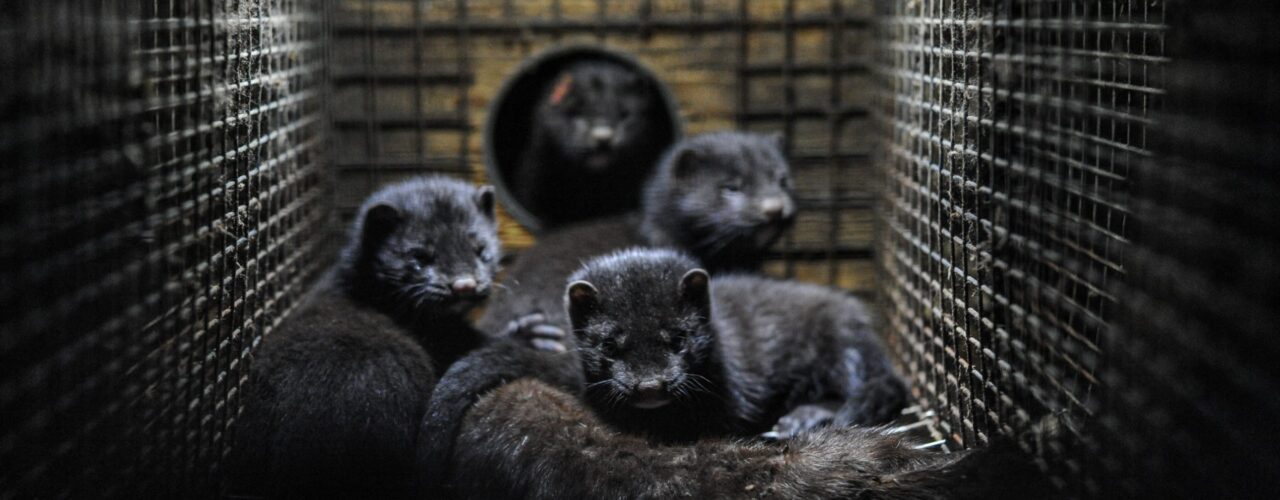
Fur industries, already declining in popularity, are now receiving extensive news coverage fuelled by the fears of the effect this disease variant could have. By extension, the coverage is also highlighting not just the risks of farming mink, but the conditions and treatment of these animals, prompting dual backlash.
So what?
The associated risks of high-density farming for animals like mink are now coupled with the very real fear of a pandemic from a zoonotic (animal-to-human) disease.
The massive cull will also mean extensive economic damage to the farmers who depend on this industry, and accelerate the decline of the mink industry and associated industries.
For industries like mink, already in decline, the appetite for risk is being exhausted by fears of disease.
Sources
-
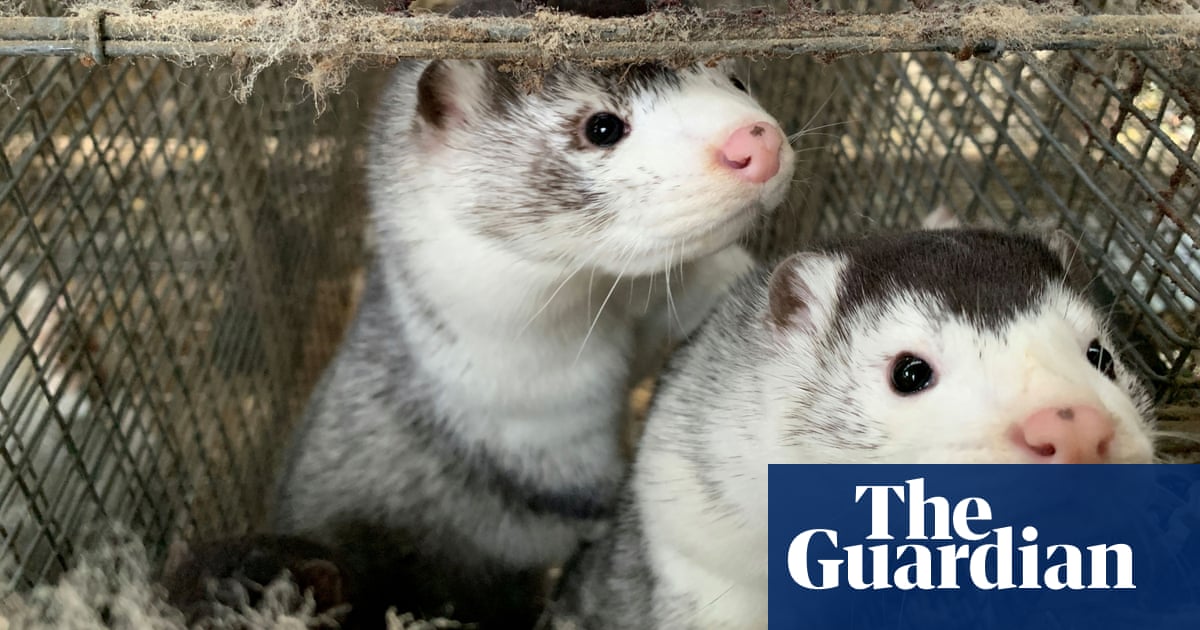 Danish Covid mink cull and future disease fears will kill fur trade, say farmers http://www.theguardian.com/environment/2020/nov/06/danish-covid-mink-cull-and-future-disease-fears-will-kill-fur-trade-say-farmers
Danish Covid mink cull and future disease fears will kill fur trade, say farmers http://www.theguardian.com/environment/2020/nov/06/danish-covid-mink-cull-and-future-disease-fears-will-kill-fur-trade-say-farmers -
 Coronavirus is killing the Dutch mink industry https://www.nationalgeographic.com/animals/2020/06/covid19-forces-mink-farm-end-netherlands/
Coronavirus is killing the Dutch mink industry https://www.nationalgeographic.com/animals/2020/06/covid19-forces-mink-farm-end-netherlands/ -
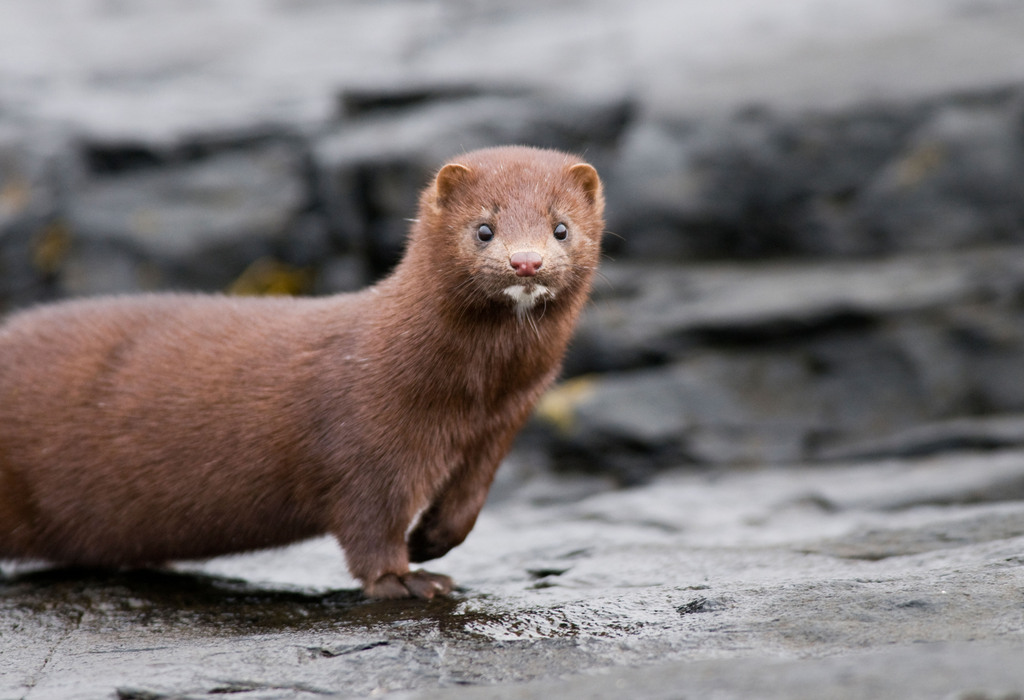 U.S. mink industry in free fall as demand for fur plummets · A Humane World https://blog.humanesociety.org/2020/08/u-s-mink-industry-in-freefall-as-demand-for-fur-plummets.html
U.S. mink industry in free fall as demand for fur plummets · A Humane World https://blog.humanesociety.org/2020/08/u-s-mink-industry-in-freefall-as-demand-for-fur-plummets.html -
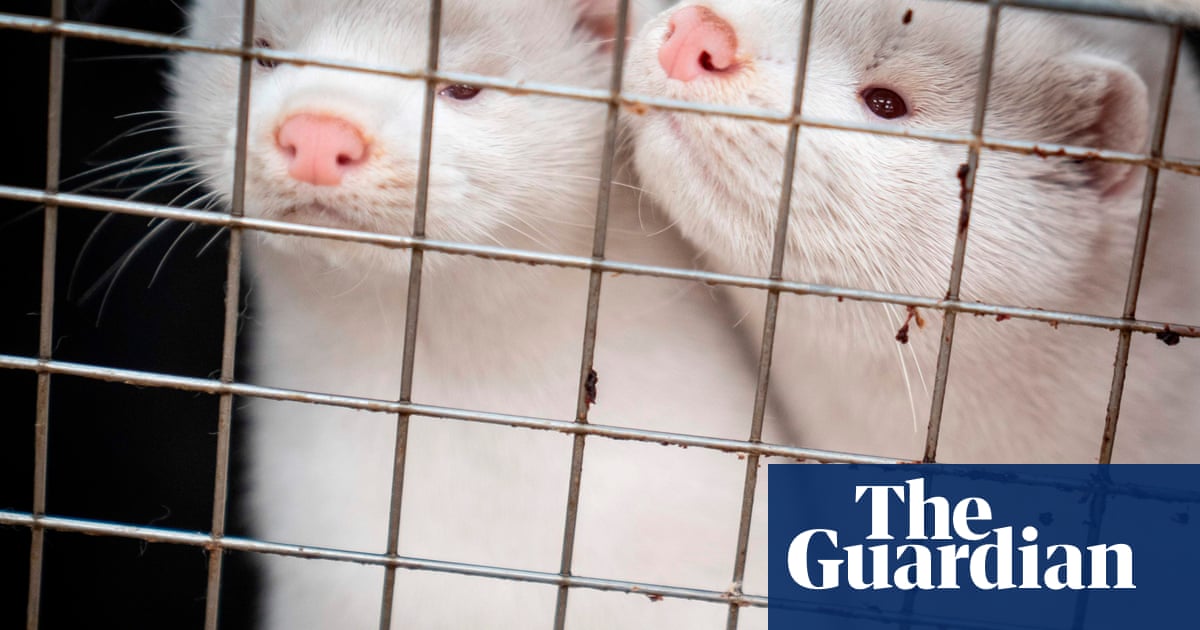 Covid-19 mink variants discovered in humans in seven countries http://www.theguardian.com/environment/2020/nov/18/covid-19-mink-variants-discovered-in-humans-in-seven-countries
Covid-19 mink variants discovered in humans in seven countries http://www.theguardian.com/environment/2020/nov/18/covid-19-mink-variants-discovered-in-humans-in-seven-countries
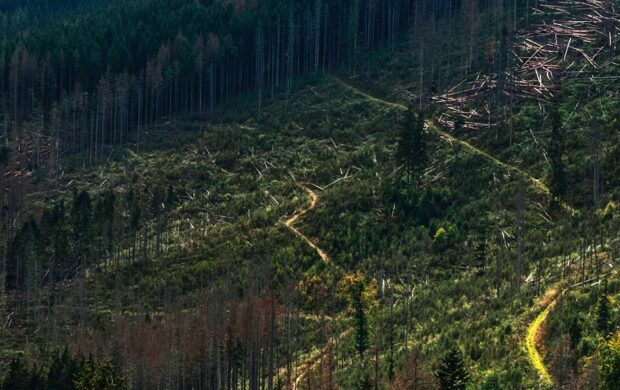
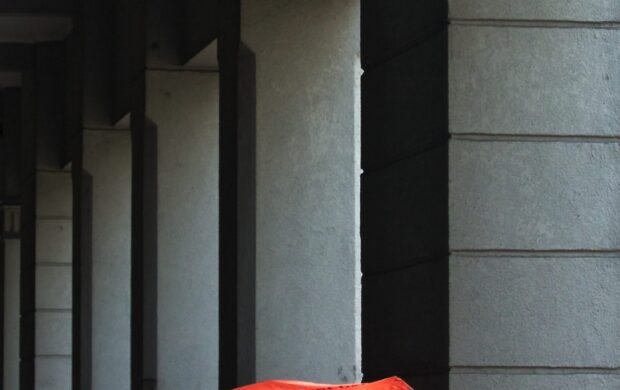

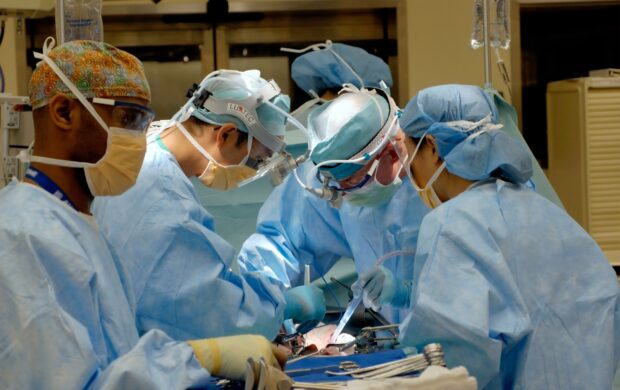

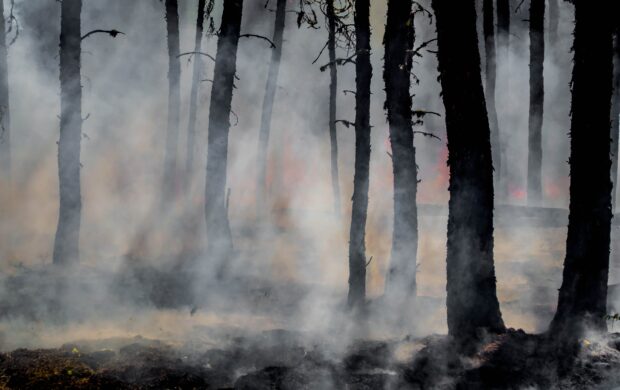

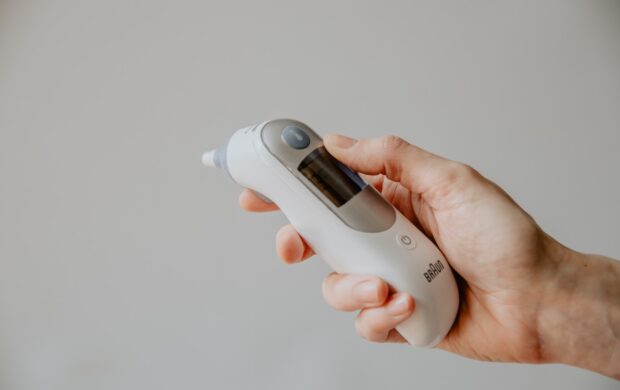



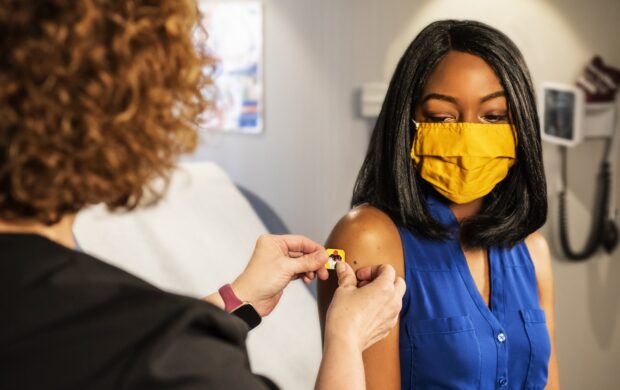



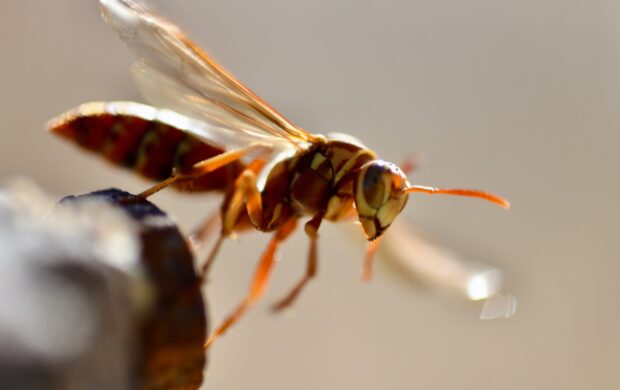

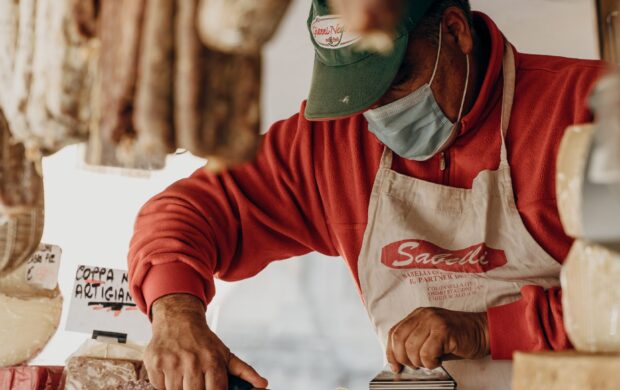



Join discussion